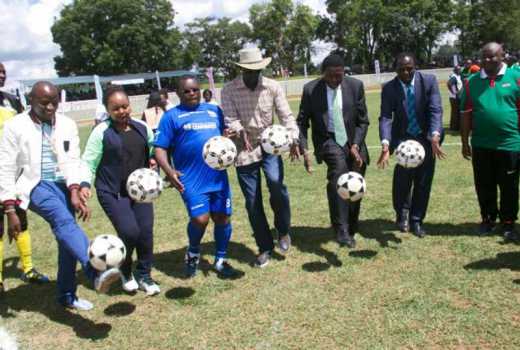×
The Standard e-Paper
Stay Informed, Even Offline

Q: There is a growing perception that devolution conferences are fast becoming talk shops for counties. What is different with this year’s conference?
This is the first time we have a devolution conference which senators have not boycotted. Members of county assemblies (MCAs) will also be joining us. It is going to be the biggest devolution conference so far, with 6,000 invited delegates. We are expecting to host about 20,000 people in Kakamega.